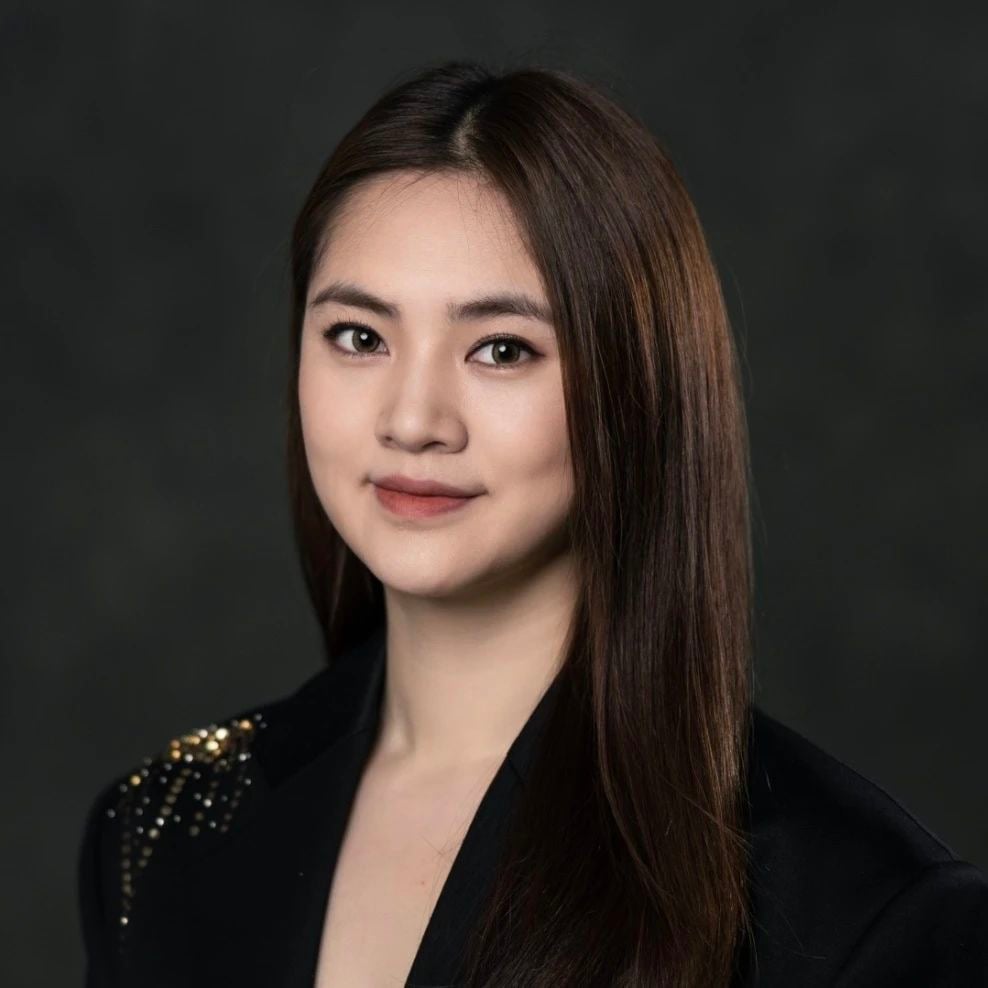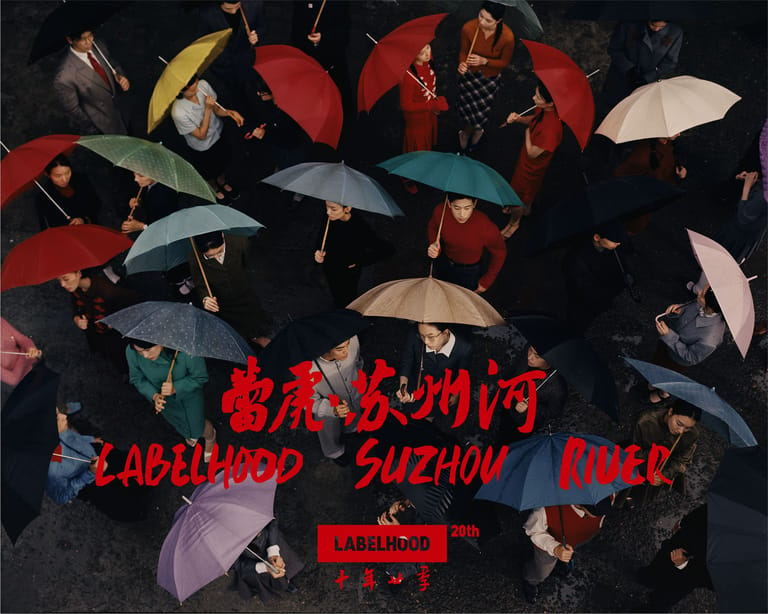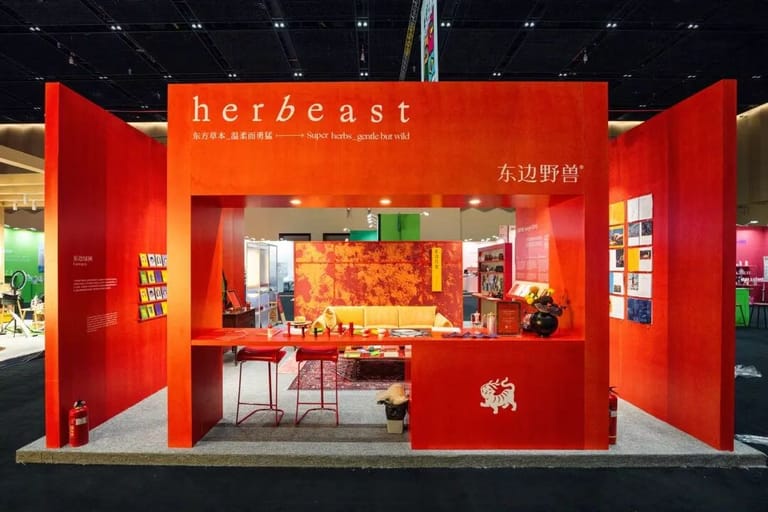Bottega Veneta’s Quiet Statement in Shanghai: Poetry as Brand Philosophy
By
Wenzhuo Wu

Published on
April 22, 2025

At a time when luxury campaigns often rely on surface-level spectacle, Bottega Veneta’s latest project in Shanghai offers a quiet, contemplative counterpoint—one that speaks in verse rather than volume. Titled “A Poetic Conversation,” the brand’s installation at the former Shanghai Rowing Club is more than an artistic gesture. It is a meditation on identity, authorship, and emotional resonance, articulated through the unexpected yet profound medium of poetry.
At the heart of the installation is Chinese poet Yu Xiuhua, whose work—intimate, structurally fluid, and unflinchingly honest—has reshaped the landscape of contemporary Chinese literature. Her poem collection In Such a Staggering World forms the installation’s physical foundation: thousands of books precisely stacked to recreate Bottega Veneta’s iconic three-dimensional logo. Visitors were invited to take home a copy free of charge. With each book removed, the logo gently deconstructed itself—leaving behind not a product, but an idea, a feeling, a conversation.
Just steps away, at the historic Union Church in West Bund, the brand staged a live performance on April 18, combining poetry and contemporary dance. As Yu recited her latest piece, I Am in This Moment, her voice moved in harmony with the dancers. In that space, vulnerability, resilience, and quiet power seemed to coalesce—rendering the performance both visceral and transcendent.

This is not Bottega Veneta’s first foray into poetic collaboration—it follows March’s Milan Fashion Week performance with Patti Smith—but this Shanghai chapter feels distinctively local, emotionally textured, and quietly radical. In choosing Yu, the brand does more than spotlight a literary figure. It aligns itself with a creative voice shaped by social reality and constraint, yet one that resists definition through genre, language, or physical ability.
Born with cerebral palsy, Yu’s work has consistently challenged societal assumptions around disability, womanhood, love, and freedom. Her poetry moves with a disjointed rhythm, blending stream-of-consciousness with domestic imagery, weaving a narrative of lived experience that is both deeply individual and widely relatable. In this, Bottega Veneta has found not only a muse, but a mirror to its own ethos: a commitment to self-expression that transcends trend, ornamentation, and even language.
For a brand rooted in the philosophy of “When your own initials are enough,” this campaign is less about brand recognition and more about philosophical alignment. The message is embedded in the form: As guests take the poetry away with them, the logo disappears. What’s left is the imprint of a story—of human fragility, emotional clarity, and the quiet dignity of being seen and heard on one’s own terms.

In a market like China, where campaigns can often rely on grand gestures, Bottega Veneta’s restraint stands out. By partnering with a creative writer, activist, and thought leader who not only reflects social truths and personal traumas but actively reshapes them, the brand achieves local relevance in a way few luxury houses manage. This is not cultural symbolism for show—it is cultural code-making in its purest form.
More importantly, it marks a continued shift in how global brands are learning to engage with China—not through broad-brush visual localization, but by tuning in to emotional specificity and intellectual depth. Yu’s poetry doesn’t decorate the brand. It challenges it. And in that tension, Bottega Veneta discovers not just a marketing moment, but a place in the cultural conversation.












